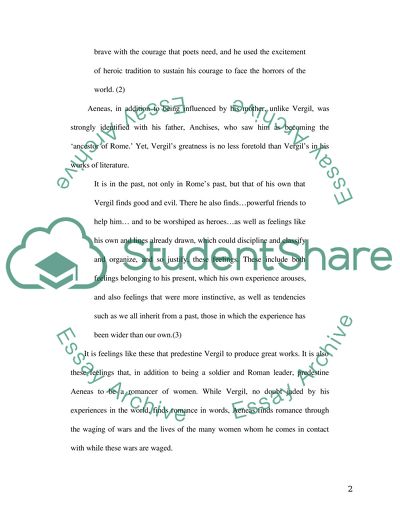Cite this document
(Compare Characters Aeneas and Turnus from the Aeneid by Virgil Book Report/Review, n.d.)
Compare Characters Aeneas and Turnus from the Aeneid by Virgil Book Report/Review. Retrieved from https://studentshare.org/literature/1542776-compare-characters-aeneas-and-turnus-from-the-aeneid-by-virgil
Compare Characters Aeneas and Turnus from the Aeneid by Virgil Book Report/Review. Retrieved from https://studentshare.org/literature/1542776-compare-characters-aeneas-and-turnus-from-the-aeneid-by-virgil
(Compare Characters Aeneas and Turnus from the Aeneid by Virgil Book Report/Review)
Compare Characters Aeneas and Turnus from the Aeneid by Virgil Book Report/Review. https://studentshare.org/literature/1542776-compare-characters-aeneas-and-turnus-from-the-aeneid-by-virgil.
Compare Characters Aeneas and Turnus from the Aeneid by Virgil Book Report/Review. https://studentshare.org/literature/1542776-compare-characters-aeneas-and-turnus-from-the-aeneid-by-virgil.
“Compare Characters Aeneas and Turnus from the Aeneid by Virgil Book Report/Review”, n.d. https://studentshare.org/literature/1542776-compare-characters-aeneas-and-turnus-from-the-aeneid-by-virgil.


